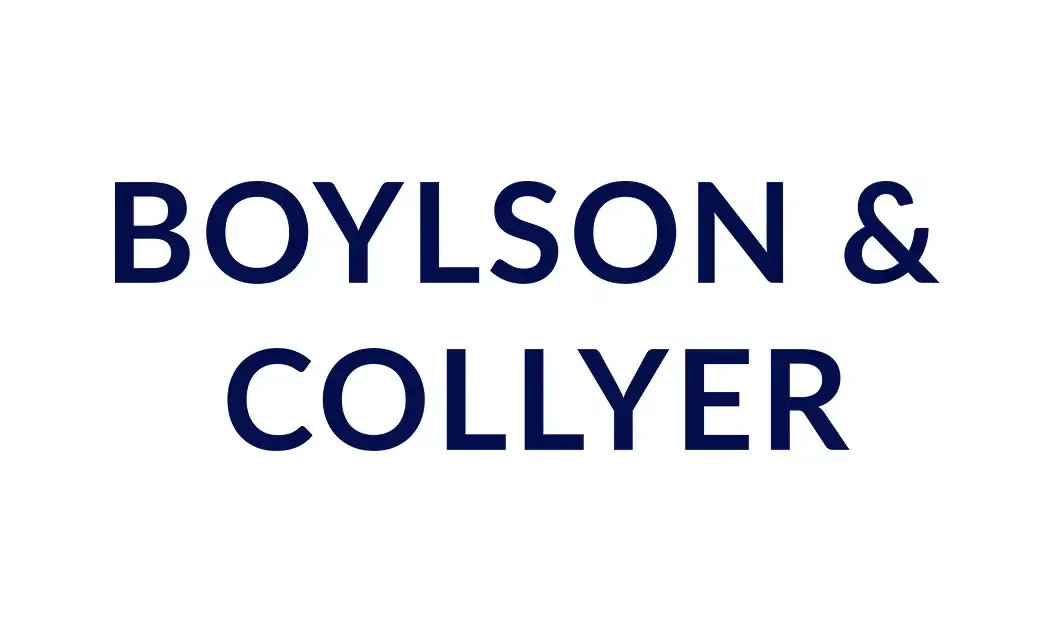Protecting Your Intellectural Property

Protecting your intellectual property
Last week, it was revealed that the US company behind the Oreo has commenced proceedings against Aldi. The US company alleges that Aldi has copied their distinctive Oreo packaging for its own chocolate sandwich biscuits, in a manner which is likely to mislead and deceive customers. This high-profile dispute is a timely reminder of the critical importance of intellectual property protection for your business.
This case underscores the need to take proactive steps to safeguard your intellectual property.
The team at CJM Lawyers can ensure that your business’ intellectual property is protected, including through the:
1) Registration of trade marks: This includes not only your brand name and logo, but also extends to aspects of your business which helps customers distinguish you from your competitors.
2) Licensing of your Intellectual Property: Where you wish to license your intellectual property to someone else, it is essential that you have a comprehensive agreement in place to ensure that each of the parties’ rights are clearly defined and protected.
3) Registration of patents: A patent serves to protect against your ‘inventions’. The registration of a patent over your products can be critical to ensuring that your products are protected from competitors seeking to copy your invention.
4) Resolution of Disputes: If you suspect your intellectual property rights have been infringed, it is important to act promptly to mitigate and limit any damage that the infringement may cause to your business. CJM Lawyers is experienced in all aspects of intellectual property protection and enforcement. If you have concerns about your intellectual property or believe your rights may have been infringed, please contact us to discuss how we can help you protect your most valuable business assets.
Disclaimer: This article is for general understanding and should not be used as a substitute for professional legal advice. Any reliance on the information is strictly at the user's risk, and there is no intention to create a lawyer-client relationship from this general communication.
Contact Us Now!
For comprehensive legal services,
book now for your free initial consultation.
Contact Us
We will get back to you as soon as possible.
Please try again later.
Contact Us Now!
For comprehensive legal services,
book now for your free initial consultation.
Contact Us
We will get back to you as soon as possible.
Please try again later.
Our Latest Story



Our Latest Story



Our Latest Story



Our Client Say



Our Client Say



Our Client Say































